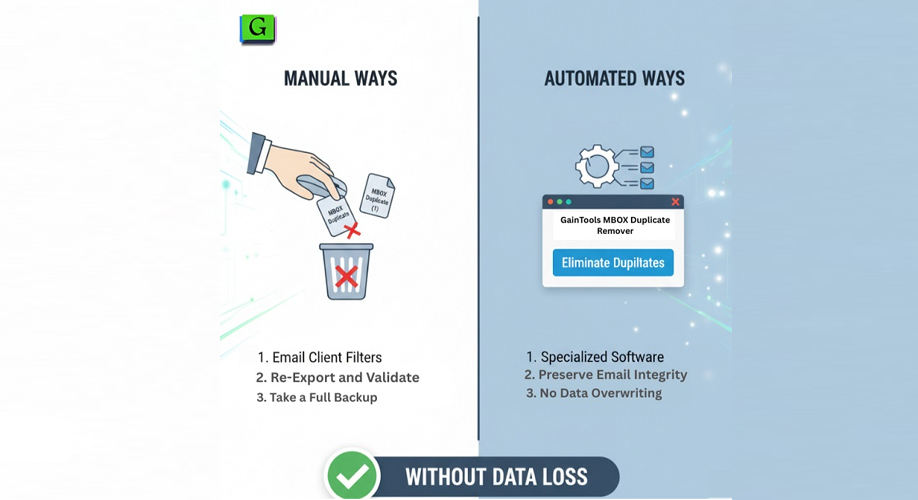Using long-tail keywords in the editorial plan is essential, especially today. Because Google can offer users precise answers to questions.
The search engine, more and more evolved, wants to assimilate the search intent carefully and avoid a further effort to those who surf. That is, to find the desired answer within long-form content. Quickly and effortlessly.
Hey, I’m not saying the end of the famous long articles has come: it’s always good, on certain occasions, to write and publish content rich in information.
But probably the end of posts has arrived that can rank for hundreds of keywords anytime and anywhere. Here’s how and why to add long-tail keywords in the SEO editorial plan of your blog, portal, or magazine. Collecting good results.
The topics of the post
- What are long-tail keywords SEO?
- Why enter long-tail keywords
- How to use long tails in the SEO plan
- Do you use long-tail keywords in your plan?
- Sources, links, tools, and useful insights
What are long-tail keywords SEO?
Long-tail keywords are searches with 3 or more terms. They represent a type of query with clear characteristics.
That is, low search volume, inversely proportional to the number of words used in the search, potential implication in finding profitable niches.
On the one hand, you have the fat head, a keyword with a high search volume that involves a lot of effort to conquer it.
And it doesn’t always come with good monetization. Then we move on to the chunky middle and finally to the long tail keyword.
These searches, in addition to a low search volume, have specific privileges. For example, they offer a higher conversion rate than dry key queries.
And they represent most of the searches carried out on the web, especially now that voice search becomes an increasingly interesting reality. Will it be time to add long-tail keywords into your SEO publishing plan?
Why enter long-tail keywords
Web In Fermento tackles the subject with a good dose of precision and common sense. Emphasizing an important point: the immediacy of the response of relevant content becomes a fundamental ranking factor.
Observing the decrease in traffic of various portals that have based their content marketing strategy on the famous pillar articles, we can see how interesting this reasoning is, which is confirmed by Google sources. Which underline that:
“We will prioritize pages with the best information overall, even if some aspects of page experience are subpar. A good page experience doesn’t override having great content.”
What does this mean? Google will prioritize the pages with the best information overall, although some UX aspects leave something to be desired. A good browsing experience does not take precedence over interesting and relevant content.
In the face of Core Web Vitals, I add. An important element: Today featured snippet results, not just AMP ones, lead the user to the specific section. Highlighting the text that represents the search intent. A clear signal to say:
“Hey, those looking for a specific topic want to read a clear answer”.
This does not mean that all articles have to be under 300 words or other nonsense. It just means we will have to put in an extra effort and stop thinking of pillar articles as the recipe for solving any problem.
How to use long tails in the SEO plan
Council to add, to his work of publishing plan, a good activity to research keywords based also on the search for keywords in the long tail.
Use the content pyramid by thinking around the idea of search intent. Previously, as Dario Ciracì suggests, long content was published with H2 and H3 addressing searches with related and highly relevant keywords. For example:
- (H1) SEO optimization
- (H2) On-page SEO optimization
-
- (H3) Google Meta tag
- (H3) SEO writing
-
- (H2) Off-Page SEO Optimization
- (H3) Link building
And so in this direction, beautiful and easy. The long-tail keywords were used within the text with this concept: the long-form content, the cornerstone article of the moment, will swallow these too. As it is relevant and complete.
The increase in competition, Google’s improvement in understanding what people want, and the change in search habits completely change the scenario.
And it is right, from my point of view, to help abundant content (always useful when dealing with wide-ranging issues) with a good number of long-tail articles to address very specific topics. And they deserve clear answers. Precise.
How to take advantage of the long-tail keywords in the plan?
I do a Google search to understand how the competition moves. If no one answers that specific question, which still has value in terms of search intent and volume, it means that I have found a niche topic for the discovered blog. And that I must attack as soon as possible with a specific article.
Do you use long-tail keywords in your plan?
KissAnime editorial plan must have a good long-tail article distribution. Famous 2,000+ word long articles make sense, but not always. Portals that have based everything on pillar article strategy and cornerstone content take risks.
Is it worth thinking about these terms? What’s your idea of using long-tail keywords in the ranking? I await your opinion in the comments.
Also Read: New Algorithms And Factors For Ranking Sites In Google
















Add Comment